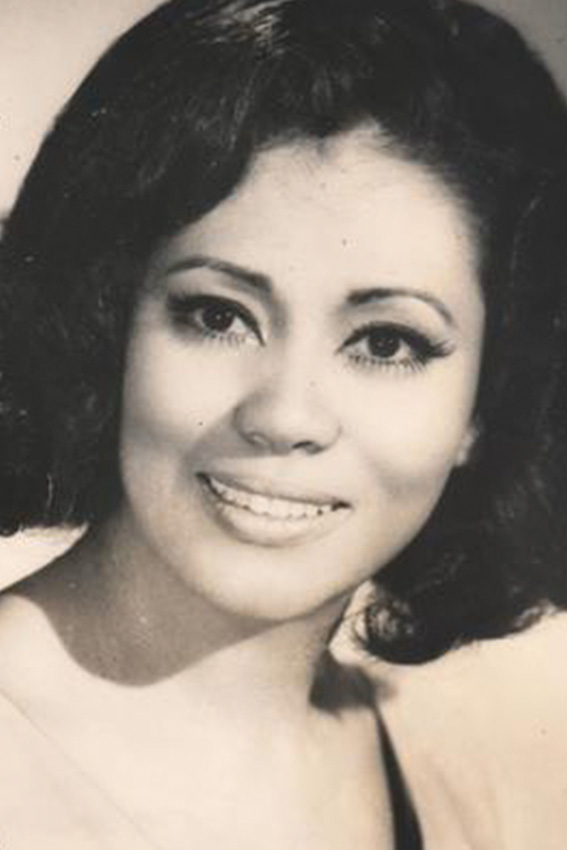
Casa Myrna began to take shape when activists from the Villa Victoria housing development, United South End Settlements, Casa del Sol, Old South Church, St. Stephen’s Parish, the Church of the Covenant in the Back Bay and the South End Community Health Center joined to organize and seek support throughout the South End in the early 1970s.
The agency’s founding coalition was a lively, passionate and diverse group, reflecting the vibrant patchwork of people living in the community, including Latina women like Myrna Vázquez, a renowned actress in her native Puerto Rico. Her unwavering belief in the restorative power of the arts and culture was an ongoing source of inspiration to a community beset by many of the problems plaguing inner cities at that time, including crack cocaine, speculative redevelopment, and violence in all its forms.
When Myrna died suddenly in 1975, the group decided to name the organization in her honor. The first shelter, an eight bedroom brownstone in Boston’s South End, was staffed entirely by volunteers and was named for Mary Lawson Foreman, another of our founding mothers. The Mary L. Foreman House now provides emergency shelter to up to 10 survivors and 13 children each night.
Over the years, Casa Myrna added to its shelter capacity by acquiring other buildings in the city’s South End and Dorchester neighborhoods and converting them for use as shelters. In 1981, Casa Myrna opened the Transitional Housing Program. And in 1993, Casa Myrna opened the Teen Parenting Program, a housing program for young parents and their children made homeless by domestic and family violence.
Casa Myrna started SafeLink, Massachusetts’ first (and only) statewide domestic violence hotline in 2000. Since then, SafeLink advocates have answered hundreds of thousands of calls from survivors, friends and family, advocates and other professionals seeking support, safety, referrals and information.
Today, Casa Myrna is New England’s leading provider of shelter and comprehensive services to survivors of domestic and dating violence